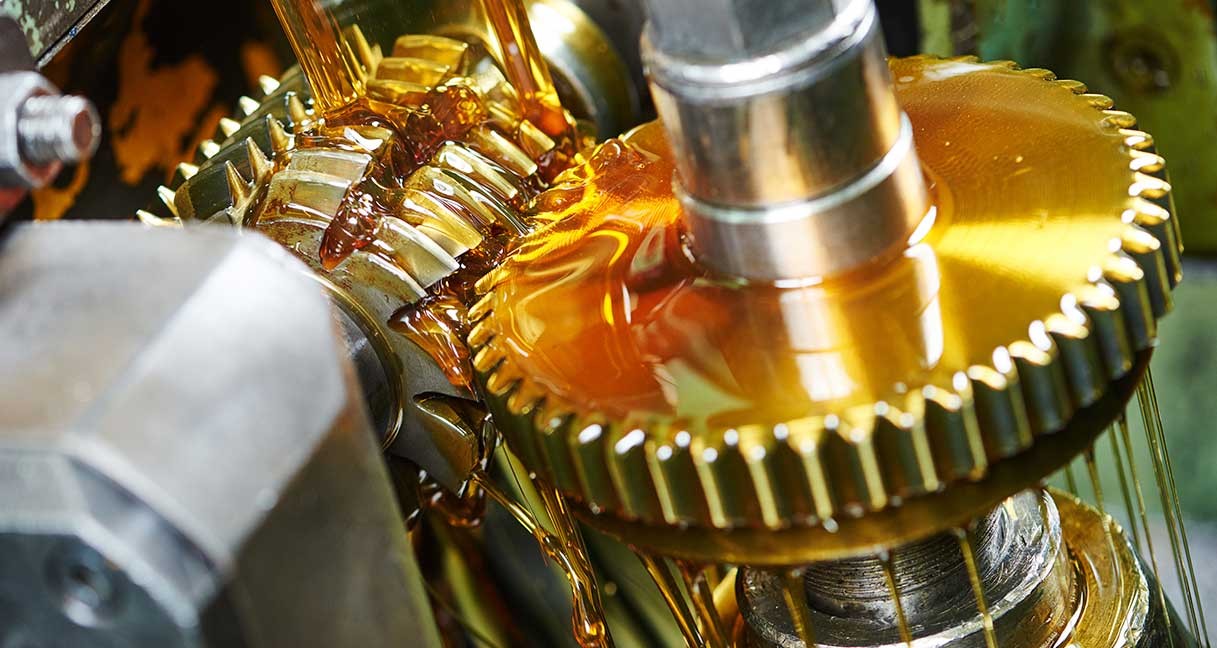In today’s highly competitive industrial landscape, maintaining machinery efficiency and reliability is paramount. Unexpected breakdowns can halt production, cause costly repairs, and disrupt supply chains. Preventive maintenance strategies have become a cornerstone for ensuring equipment longevity and operational continuity. Central to this strategy is the use of high-quality Industrial Lubricants. These specialized substances not only reduce friction and wear but also protect machines against corrosion, contamination, and thermal degradation. Understanding the pivotal role industrial lubricants play in preventive maintenance can transform how businesses manage their assets and boost overall productivity.
Understanding Industrial Lubricants
Industrial lubricants are specially formulated oils, greases, or fluids designed to minimize friction between moving parts in heavy machinery and equipment. Unlike general-purpose oils, industrial lubricants must meet rigorous standards to withstand extreme temperatures, high pressures, and chemical exposures commonly found in industrial settings. They come in various types tailored for specific applications, including hydraulic oils, gear oils, compressor oils, and multi-purpose greases.
The primary function of these lubricants is to create a thin film between metal surfaces, preventing direct contact and thus reducing wear and tear. Beyond friction reduction, industrial lubricants help in dissipating heat, preventing rust, and flushing away contaminants. This multifaceted protection is critical in keeping machinery running smoothly and efficiently.
The Importance of Preventive Maintenance
Preventive maintenance refers to the planned and systematic approach to servicing equipment before failures occur. It involves routine inspections, lubrication, adjustments, and replacements to detect potential issues early. By adopting preventive maintenance, companies can avoid unexpected breakdowns, extend equipment life, and optimize operational costs.
Incorporating industrial lubricants effectively into a preventive maintenance program ensures that machines operate under optimal conditions. Without proper lubrication, parts are more susceptible to friction-related damage, overheating, and corrosion, all of which can lead to premature failure.
How Industrial Lubricants Enhance Preventive Maintenance
Reducing Wear and Friction
One of the most significant contributions of industrial lubricants is the drastic reduction of friction between moving components. Friction generates heat and accelerates material degradation, leading to wear and eventual breakdown. By maintaining an effective lubricating film, industrial lubricants minimize metal-to-metal contact, thereby preserving the integrity of mechanical parts and reducing the frequency of repairs.
Heat Dissipation and Temperature Control
Industrial machines often operate under high loads that generate substantial heat. Excessive heat not only accelerates wear but can also cause lubricant breakdown, reducing its effectiveness. Industrial lubricants are formulated to withstand and dissipate heat, maintaining stable viscosity and protecting equipment from thermal damage. This heat management is crucial in preventing overheating, which is a common cause of machine failure.
Protection Against Corrosion and Contamination
Industrial environments expose machinery to moisture, dust, and chemical contaminants. Industrial lubricants contain additives that form protective barriers against rust and corrosion, which can weaken components and compromise machine reliability. Additionally, lubricants help trap and carry away contaminants, preventing abrasive particles from damaging surfaces. This cleaning action supports the overall health of equipment and reduces downtime due to unexpected breakdowns.
Extending Equipment Lifespan
Regular application of quality industrial lubricants significantly extends the lifespan of machinery. Preventive maintenance practices that emphasize proper lubrication intervals ensure that equipment runs smoothly for longer periods. By reducing wear, corrosion, and overheating, lubricants preserve the structural and functional integrity of machines, delivering better return on investment and lowering replacement costs.
Enhancing Energy Efficiency
Friction in machinery not only causes wear but also wastes energy. Industrial lubricants reduce friction losses, enabling machines to operate more efficiently. Lower friction means less energy consumption for the same output, translating to reduced operational costs and a smaller environmental footprint. Energy efficiency gains are a critical benefit of lubrication-focused preventive maintenance.
Choosing the Right Industrial Lubricants for Preventive Maintenance
Selecting the appropriate industrial lubricant is essential for maximizing its benefits in preventive maintenance programs. Factors such as operating temperature, load conditions, speed, and environmental exposure must be carefully considered. Using a lubricant that matches the machinery’s specific needs ensures optimal protection and performance.
Manufacturers often recommend certain lubricant grades and types based on their equipment’s design and application. Following these guidelines, along with consulting with lubrication experts, can prevent costly errors. Incorrect lubricant choice can lead to insufficient protection, accelerated wear, or even damage to machine components.
Best Practices for Industrial Lubricant Application
To leverage the full advantages of industrial lubricants in preventive maintenance, consistent application and monitoring are critical. Establishing a lubrication schedule based on manufacturer recommendations and operational conditions helps maintain proper lubricant levels and quality. Using automated lubrication systems can improve precision and reduce human error.
Routine analysis of lubricant samples allows early detection of contamination, degradation, or metal particles indicating wear. This proactive approach enables timely corrective actions before severe damage occurs. Integrating lubrication management with digital maintenance platforms further optimizes scheduling and record-keeping.
The Future of Industrial Lubricants in Preventive Maintenance
Advancements in lubricant technology continue to evolve, offering enhanced formulations with improved thermal stability, biodegradability, and multifunctional additives. Smart lubricants embedded with sensors and IoT capabilities are emerging, providing real-time data on lubricant condition and machinery health. These innovations promise to revolutionize preventive maintenance by enabling predictive rather than just scheduled upkeep.
As industries strive for greater efficiency and sustainability, the role of industrial lubricants in preventive maintenance will become even more vital. Businesses investing in modern lubrication solutions and best practices will enjoy reduced downtime, longer equipment life, and improved operational performance.
Conclusion: Industrial Lubricants as a Cornerstone of Preventive Maintenance
Industrial lubricants are more than just oils and greases; they are critical components in any effective preventive maintenance strategy. Their ability to reduce friction, dissipate heat, protect against corrosion, and extend machinery lifespan makes them indispensable in ensuring continuous, reliable operations. Choosing the right lubricants and applying them correctly leads to significant cost savings, energy efficiency, and minimized downtime.
For companies aiming to safeguard their machinery investments and maintain competitive advantage, prioritizing industrial lubricants within preventive maintenance plans is essential. Partnering with trusted suppliers and leveraging advanced lubrication technologies can transform maintenance practices from reactive fixes to proactive preservation. Ultimately, embracing the vital role of industrial lubricants paves the way for smoother workflows and greater business success.



